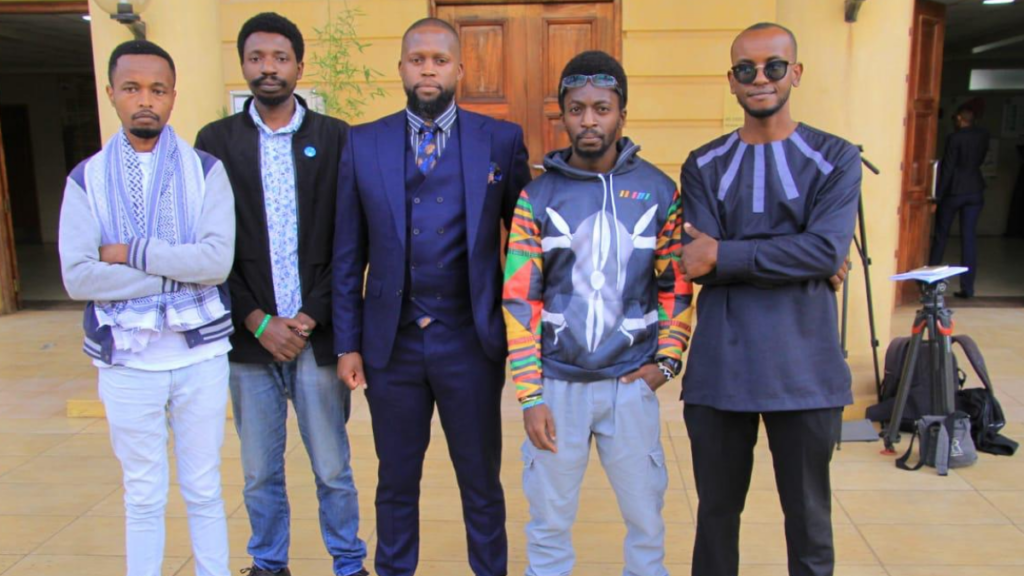Four filmmakers associated with the controversial documentary Blood Parliament have alleged that Kenyan authorities secretly planted spyware on their devices while the gadgets were in police custody.
The filmmakers were arrested in May 2025, just days after the 40-minute exposé aired internationally. The documentary detailed how security forces opened fire on anti-tax protesters outside Parliament in June 2024, killing several and injuring many others. Following their arrest, the suspects were detained at Muthaiga Police Station, where their phones and laptops were confiscated.
One of the filmmakers, whose phone was held for more than two months, claims that the device was returned with covert surveillance software installed. Forensic analysis confirmed that during the time the phone was in custody, it was infected with FlexiSPY — a commercial spyware tool known for its ability to secretly record calls, capture messages, track location, take screenshots, activate microphones, and even alter or delete files.
Digital security experts note that FlexiSPY has often been used to monitor activists, journalists, and dissidents across the globe, as well as by criminal networks. The software’s installation on devices linked to the filmmakers has raised fresh concerns about surveillance practices in Kenya and the possible targeting of independent journalists and critics of the state.
While the analysis confirmed FlexiSPY’s presence, it did not rule out the possibility that additional surveillance tools may also have been introduced while the devices were held. This uncertainty has deepened fears that sensitive data belonging to the filmmakers, their sources, and collaborators may have been compromised.
The four suspects were arraigned in court under a miscellaneous application that remains open, and they are currently out on bail. The matter was scheduled for mention on September 10, 2025, but did not proceed as the trial court was not sitting.
Civil society groups and digital rights defenders argue that the spyware revelations highlight a broader threat to press freedom in the country. They warn that the targeting of filmmakers and journalists undermines accountability and creates a climate of fear, particularly when reporting on politically sensitive issues.
The case continues to attract international attention, with calls for transparency and safeguards to protect journalists from state surveillance.

